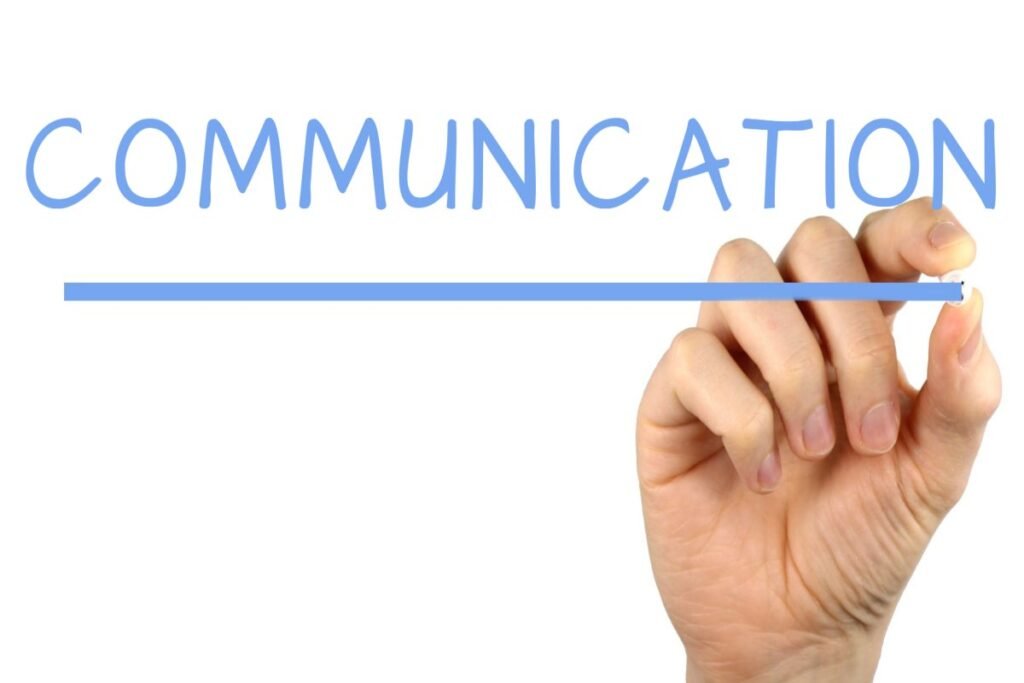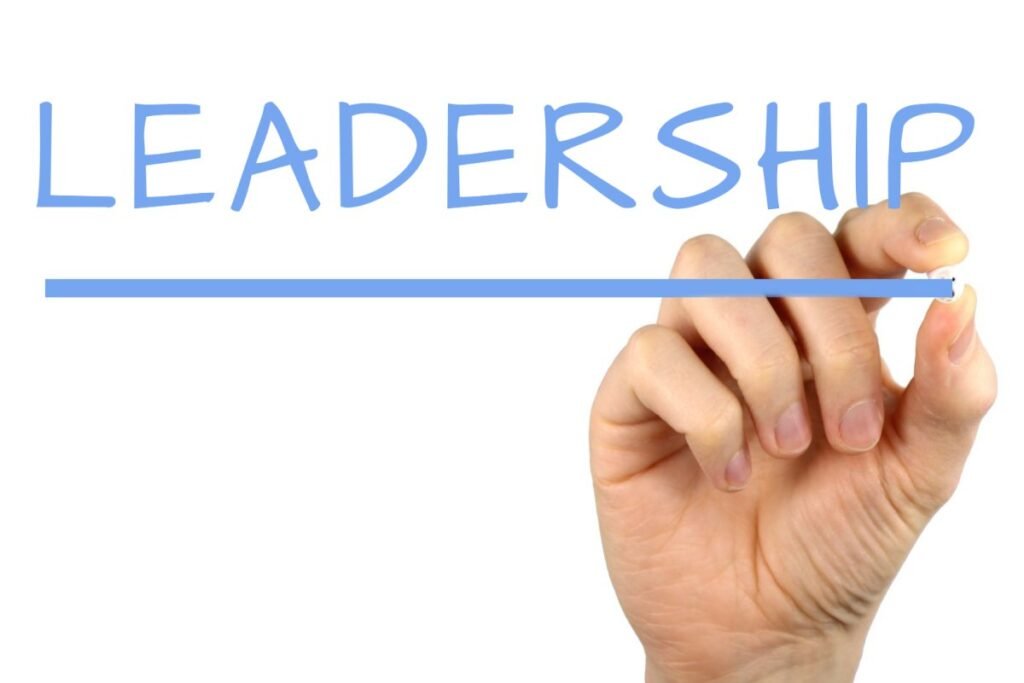Hi there, aspirants and current leaders! I want to focus on a subject that is very important to me today: communication skills. Effective communication is essential, whether you’re managing a project, leading a team, or operating a business. So grab a cup of coffee and let’s discuss the importance of communication skill mastery in the leadership domain.
Table of Contents
Introduction
Imagine yourself in a leadership position, tasked with leading a group of people to achievement. Even with all the technological know-how in the world, you are a lost traveler in murky seas if you cannot communicate effectively. That is the point at which effective communication is needed. They are the key ingredient that can elevate mediocre leaders to extraordinary ones.
Why Communication Skills Matter in Leadership
Shall we take it apart, please? Here’s why developing your communication abilities has to be your top goal as a leader:

1. Building Trust and Rapport
- Working with your team in an honest and open manner fosters trust. And faith? That, after all, is the cornerstone of any fulfilling relationship, be it personal or professional.
- Building a culture where team members feel appreciated and heard helps you build rapport and fosters a sense of camaraderie that encourages cooperation and creativity.
2. Clarifying Goals and Expectations
- Have you ever had a childhood game of telephone? Along the route, messages become confused. If there is unclear communication in the workplace, the same thing may occur.
- To make sure that everyone is in agreement and working toward the same goal, effective leaders use their communication skills to clearly state expectations and goals.
3. Resolving Conflicts and Issues
- Any group environment will always lead to conflict. However, leaders who possess great communication skills are able to confront disputes head-on, promote productive discourse, and come up with win-win solutions.
- Leaders who cultivate an atmosphere of open communication make it possible for disagreements to be seen as learning opportunities rather than roadblocks to achievement.
How Communication Skills Impact Leadership
After discussing the significance of communication skills, let’s see how they genuinely affect leadership:

1. Inspiring and Motivating Others
- A strong leader inspires and motivates their team to achieve greatness instead of merely giving commands.
- By utilizing proficient communication techniques, leaders can create a captivating future vision that unites their team members and ignites their enthusiasm and determination.
2. Boosting Productivity and Efficiency
- Having clear communication decreases uncertainty and the possibility of miscommunication, which streamlines processes and boosts output.
- Team members can operate more effectively, producing outcomes and reaching objectives more quickly, when they are clear about what is expected of them and how their efforts fit into the larger scheme.
3. Fostering Innovation and Creativity
- Innovation thrives in a setting where opinions are welcomed and ideas are freely shared.
- Effective communicators foster a comfortable environment where team members may express their opinions and creative ideas, promoting constant growth and expanding the realm of what is conceivable.
FAQs About Communication Skills in Leadership
Q:Is effective communication a skill that is innate or can it be developed?
A: Definitely! Although some people may naturally be good communicators, communication is a skill that can be picked up and improved with practice and criticism.
Q: How can a leader like me improve their communication skills?
A: To begin, ask for feedback on how you communicate, engage in active listening to others, and practice sending succinct messages. Keep in mind that communication is two-way, so don’t neglect to ask your team members for their opinions as well.
Q: What part does nonverbal communication play in leadership effectiveness?
A: Body language and facial expressions are examples of nonverbal clues that frequently carry more significance than words alone. To prevent conveying conflicting messages, be mindful of your nonverbal cues and make sure they match your spoken words.
Conclusion
Effective communication is essential in the fast-paced world of leadership because it keeps everything together. Whether you’re rallying your team around a shared vision, resolving conflicts, or fostering a culture of innovation, strong communication skills are your secret weapon. So, embrace the power of communication, and watch your leadership prowess soar to new heights!
If you love personal development and goal-setting, you can check our Website for useful information

